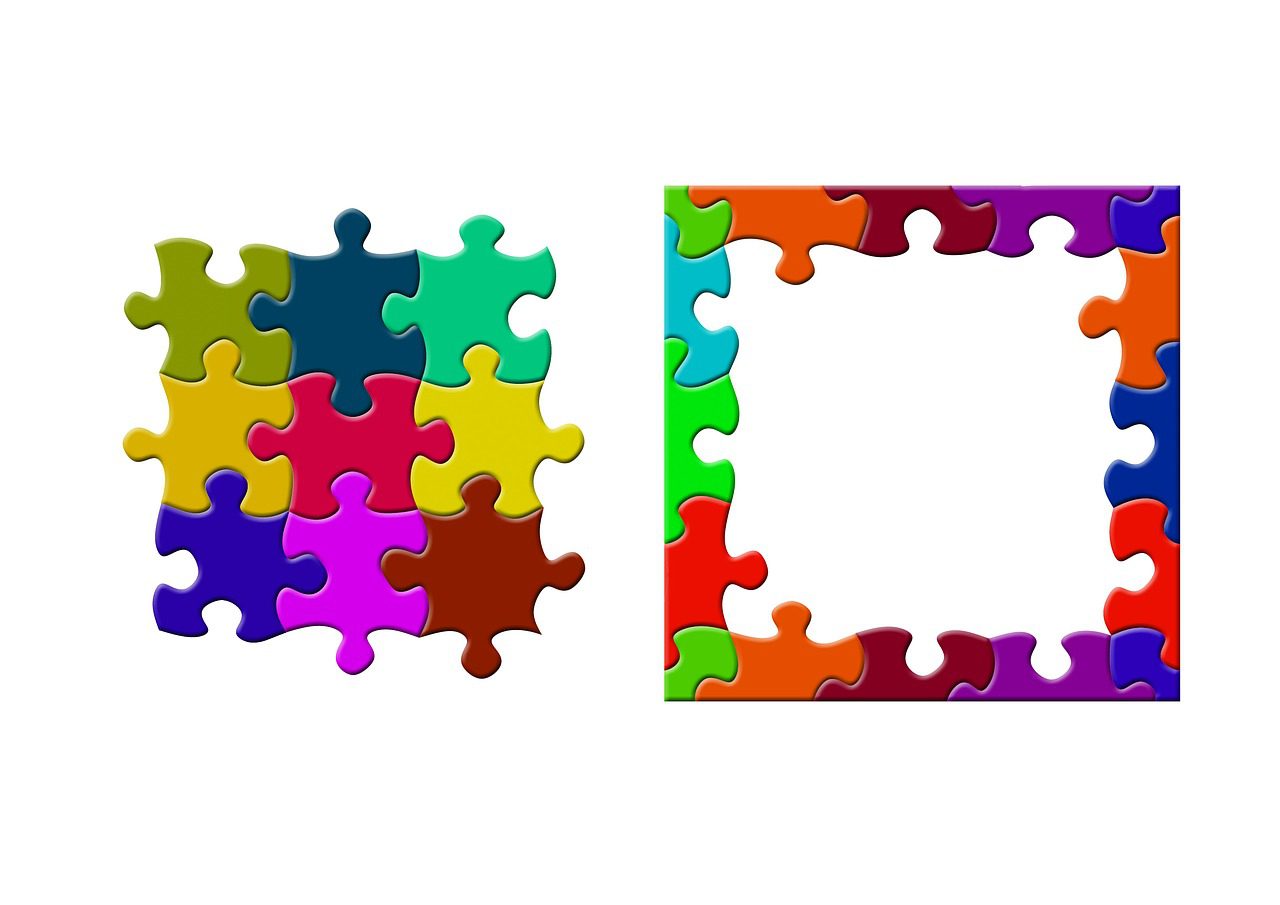Ever wondered what’s going on in the mind of a child as they transition through the crucial early years of life? How does their mental health evolve? And more importantly, as parents, caregivers, teachers, how can we support them? Let’s dive into this together, navigating the landscape of early childhood mental health with this comprehensive guide.
A Closer Look at Early Childhood Mental Health
When we mention mental health, most people’s thoughts immediately go towards adults, perhaps even adolescents. But seldom do we consider that children, especially during their early years, equally need a healthy psychological environment for optimal growth.
What is early childhood mental health?
In simplest terms, early childhood mental health refers to the developing capacity of the child from birth to 5 years to form close and secure relationships, experience, manage and express emotions, and explore the environment and learn, all in the context of family, community, and cultural expectations.
Importance of Early Childhood Mental Health
Healthy early childhood mental health is absolutely essential for long-term well-being and social development, providing a solid foundation that impacts on all aspects of growth. Here are some compelling reasons why this matters:
- Healthy mental development shapes the brain architecture and strongly influences health and well-being in adulthood.
- An emotionally healthy child has greater chances of achieving academic success, and establishing successful personal relationships.
- Manages stress effectively and builds resilience that aids in navigating life’s challenges.
Spotting Early Signs of Mental Health Issues
Identification is the first step towards intervention. But how do we spot possible mental health issues amidst the natural tantrums and mood swings characterizing early childhood?
- Excessive worry or anxiety
- Frequent nightmares or night terrors
- Persistent disobedience or aggression
- Habitual impulsivity and hyperactivity
What to do if I suspect my child has a mental health issue?
If you suspect that your child may have a mental health issue, do not panic. Remember, help is available. Reach out to a health professional who has experience in childhood developmental issues and follow their guidance.
Supporting Early Childhood Mental Health: Strategies & Tips
What better place to start supporting early childhood mental health than at home, right? Right! Here are some strategies and tips for you:
“Remember, you don’t need to be a perfect parent, just a helpful guide who’s there when they need you.”
- Provide a safe and secure environment
- Show consistent, responsive, and compassionate care
- Encourage emotional expression and validate their feelings
Are these strategies enough?
It’s important to note here that while these strategies are quite helpful, some children may need professional help to navigate their emotions better. Always consult with a health professional for guidance.
Promoting Early Childhood Mental Health: A Shared Responsibility
We cannot look at early childhood mental health in isolation. It’s a shared responsibility. Parents, caregivers, teachers, clinicians, and the community at large everyone has a role to play in this. Collaboration is key in this shared endeavour.
What are some ways the broader community can support?
Policies supporting mental health programs, availability of parent counselling and support groups, awareness programs, and promoting supportive environments at school and home all contribute to the mental health of a child.
A Healthy Future: The Ultimate Goal
An investment in the mental health of our children is an investment in a healthier tomorrow. So, let’s all remember to prioritise delving into the mind of our children with understanding and coming out with strategies that best serve them!
Where do we go from here?
Lifelong mental health starts with the foundation we lay during the early childhood years. If we want our children to thrive, then a priority needs to be made to raise awareness about childhood mental health, and promote strategies that support it. Together, let’s create a generation that not only survives but thrives!

